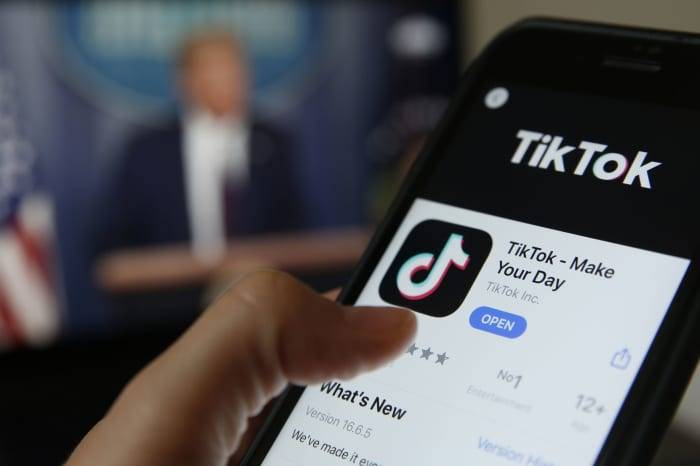The TikTok Ban: A Threat to Free Expression or a Necessary Measure for National Security?
In recent years, the wildly popular social media app TikTok has found itself at the center of a heated debate. With over a billion active users worldwide, TikTok has become an integral part of modern online culture, particularly among younger generations. However, concerns over data privacy, cybersecurity, and geopolitical tensions have led several countries to consider banning the app altogether. This essay will explore the arguments for and against the TikTok ban, examining the implications for free expression, national security, and the future of social media.
On one hand, proponents of the ban argue that TikTok poses a significant threat to national security. Owned by the Chinese technology company ByteDance, TikTok has been accused of sharing user data with the Chinese government, potentially compromising sensitive information. Furthermore, concerns have been raised about the app's content moderation policies, which some argue are too lax, allowing for the spread of misinformation and propaganda. In response to these concerns, countries such as India, Pakistan, and the United States have considered or implemented bans on the app.
On the other hand, opponents of the ban argue that it constitutes a threat to free expression and online creativity. TikTok has become a vital platform for self-expression, allowing users to share short-form videos on a wide range of topics, from dance and music to politics and social justice. A ban on the app would not only stifle online creativity but also limit the ability of users to express themselves and connect with others. Moreover, critics argue that the ban would be an overbroad response to concerns over data privacy and national security, potentially setting a precedent for further censorship of online content.
Another important consideration is the impact of the ban on the global economy. As a major player in the social media landscape, TikTok has created significant economic opportunities for creators, advertisers, and small businesses. A ban on the app would not only harm these stakeholders but also undermine the competitiveness of the global digital economy.
In conclusion, the TikTok ban is a complex issue that raises important questions about the balance between national security, free expression, and online creativity. While concerns over data privacy and content moderation are legitimate, a ban on the app would be an overbroad response that could have far-reaching consequences for online freedom and the global economy. Instead, governments and regulators should work with TikTok and other social media companies to develop more nuanced solutions that address these concerns while protecting the rights of users and creators.




No comments yet
Be the first to share your thoughts!